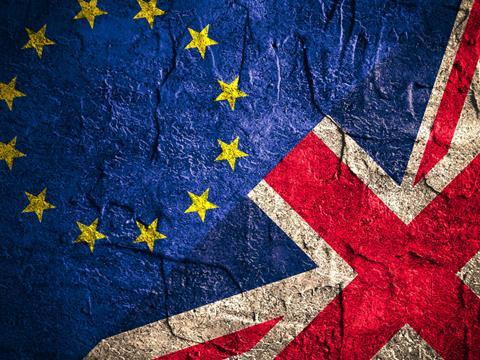
Brexit uncertainty, soaring inflation and the arrival of President Donald Trump will cause retail growth in Britain to stagnate in 2017, according to report by the KPMG/Ipsos Retail Think Tank (RTT).
The RTT members predicted that the political environment, with a backdrop of consumer price inflation set to rise to 2.5%-3% next year, would mean any growth in non-discretionary retail - including food and grocery - would be wiped out by a decline in discretionary spend, resulting in an overall retail growth figure of 0.5% in the year.
That compared with 2016, which despite the decision to leave Europe and other earthquake economic events saw “impressive” growth in GDP.
2017, however, would be the year that the impact of the situation really kicked in, said the report, with rising consumer price inflation, increased costs to retailers, diminishing consumer and business confidence, as well as political uncertainty the central themes worrying the RTT members.
“From a macroeconomic perspective, 2016 was a positive year with the UK delivering what is set to be an impressive 2.1% growth in GDP. However, the year is not likely to be remembered for this fact but rather the UK’s decision to leave the EU, the election of the new president of the United States, and the repercussions these events may entail for the years to come,” said KPMG head of retail Paul Martin.
“Indeed, you could argue that the ‘Great British’ consumer has broadly ignored the results of the Brexit referendum, with consumer spending continuing to grow over the final months of the year.”
James Knightley, senior UK economist at ING, said: “The strength of the economy following the Brexit referendum has surprised many, but we must remember that Article 50 is still to be triggered. Scheduled to happen before the end of March, it will coincide with Dutch and possibly Italian elections, while French presidential election campaigning will be in full swing.”
Mike Watkins, head of retailer and business insight at Nielsen UK, pointed out that 2016 marked “another year of unpredictable retail growth and falling prices and the winner has again been the shopper.”
While consumers have benefited from deflated prices, KPMG’s Martin stressed that “we will see inflation rise, potentially up to 3% by the end of the year, and, in conjunction with continued foreign exchange fluctuations, prices will rise.”




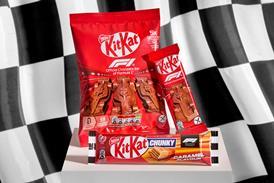


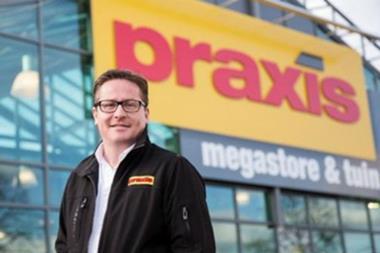
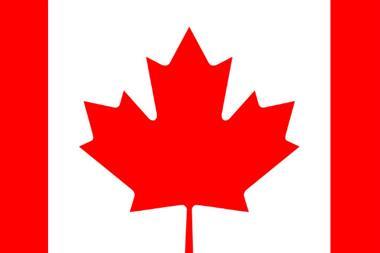
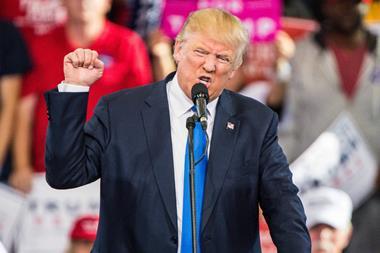
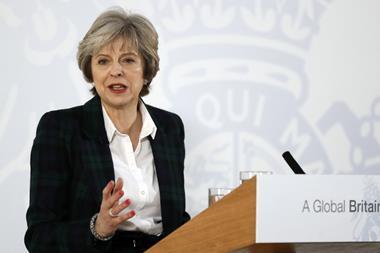
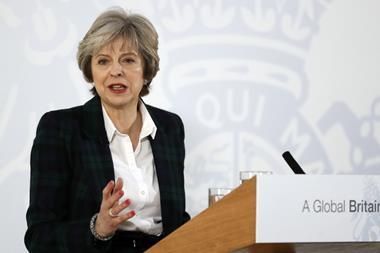
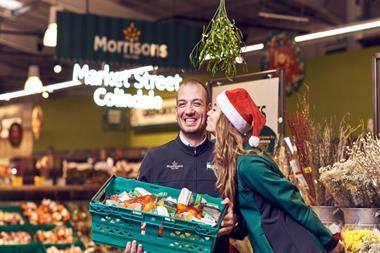
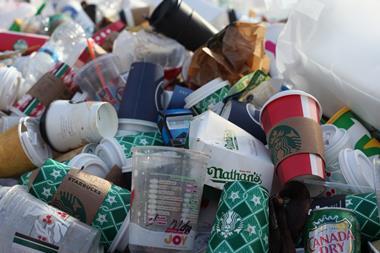
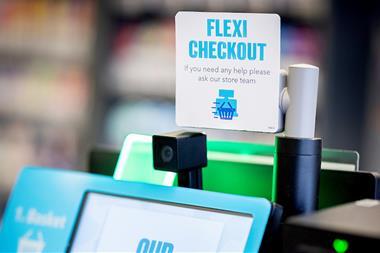


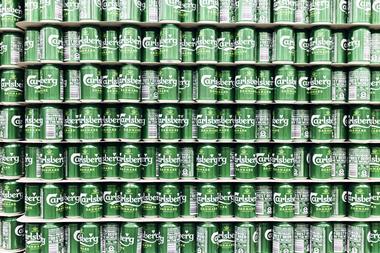
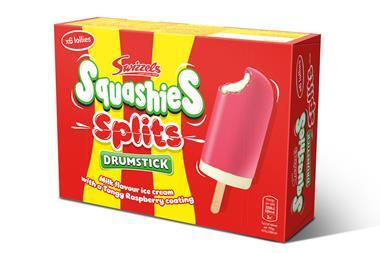
No comments yet